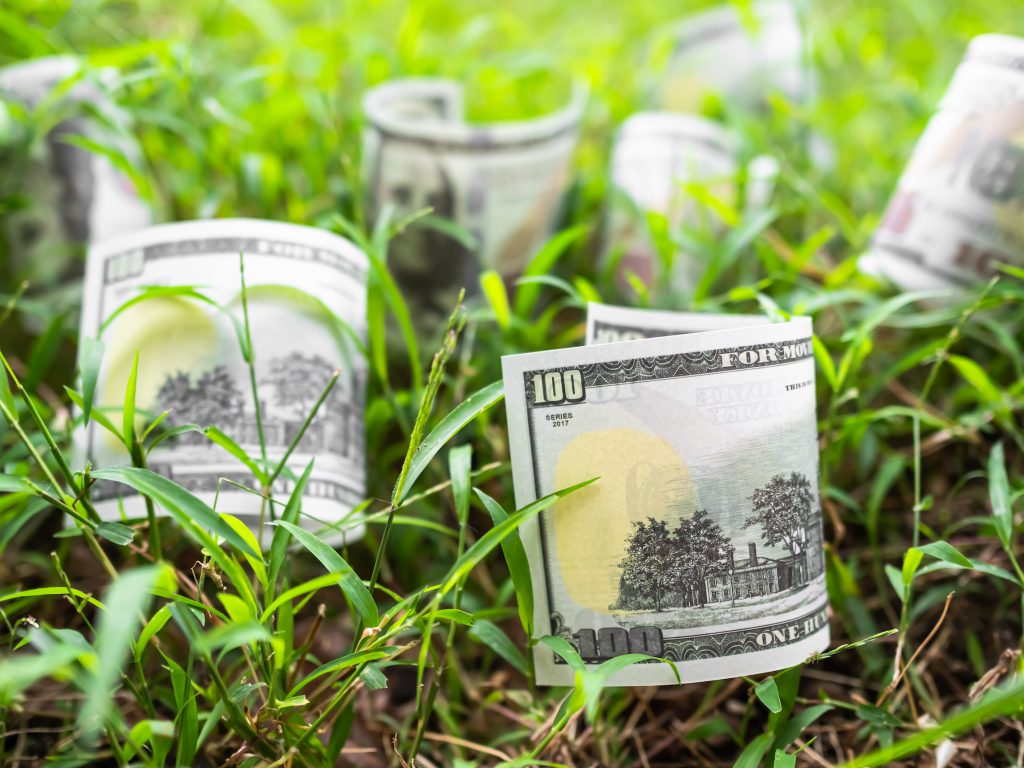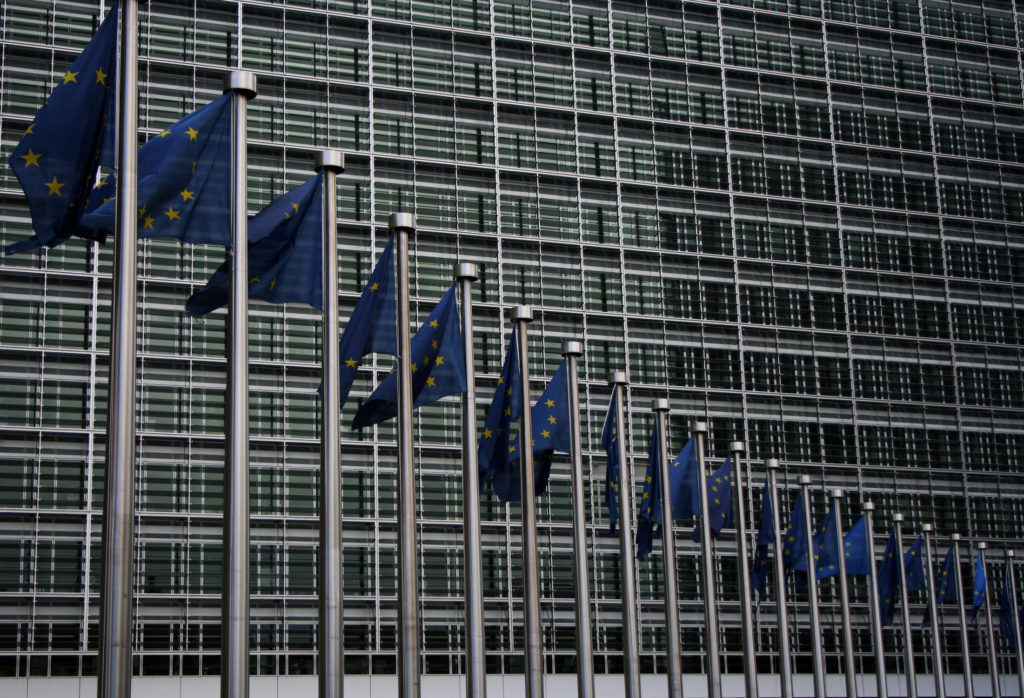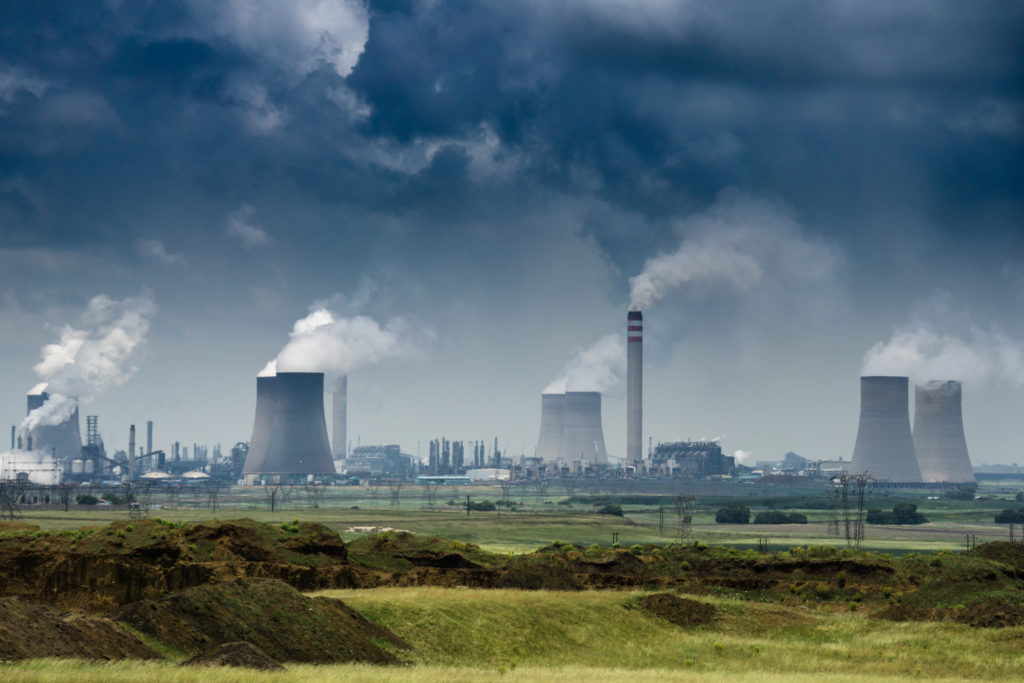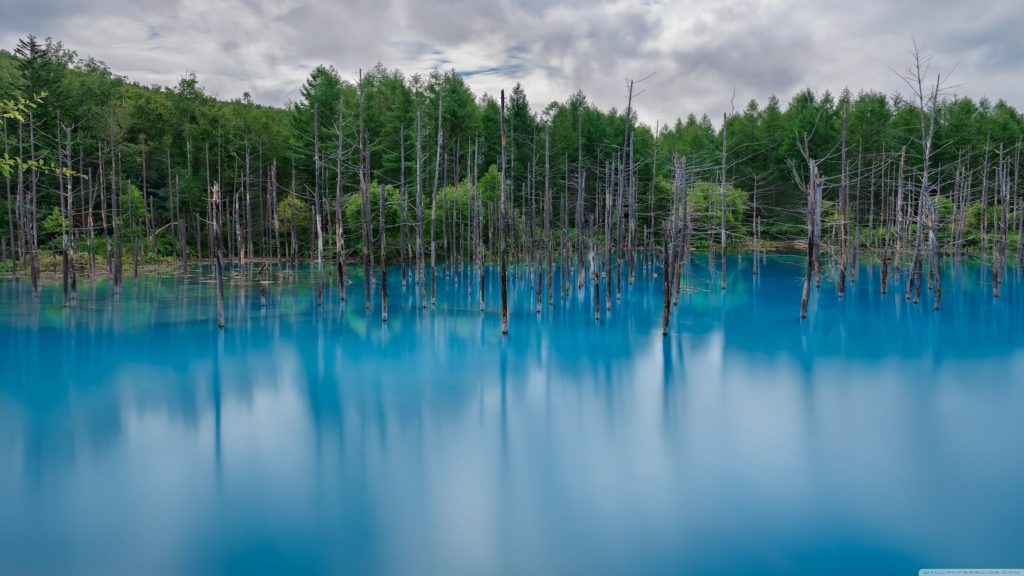
Carrot and stick: The competitiveness of sustainability
How to find a balance between incentives and disincentives? Two different visions from either side of the Atlantic. With the USA launching its Inflation Reduction Act, Basile Chartier and Thorfinn Stainforth from the Institute for European Environmental Policy, walk us through some of the most important American and European environmental policy developments.











